ABERDEEN PROVING GROUND, Md. — The U.S. Army Combat Capabilities Development Command Chemical Biological Center wrapped up its center-wide MakerSpace Challenge to encourage the use of the lab’s unique capabilities. The four-week long competition pitted the CBC workforce’s potential mission-related prototypes against each other, all while leveraging the various 3D printers offered by the lab.
The competition was touted as a way to promote MakerSpace’s full potential as being the center’s main hub for proof-of-concepts to take shape. All CBC employees were encouraged to participate in creating their own physical or virtual model to be evaluated, as long as it pertained to mission readiness. Competitors were judged by a panel from CBC’s Innovation Council with winners announced in several categories during a Coffee with Colleagues poster session in late May.
CBC acquired its first 3D printer in 1989, just four years after the first commercial grade printer became available to the public. While those antique, hulking machines cost nearly half a million dollars then, MakerSpace now offers 28 machines encompassing 7 different processes, varying from cost-effective tabletop plastic filament models that retail closer to $1,200, to larger units capable of printing with metals.
Bradley Ruphrecht, the MakerSpace lead and an engineering technician at CBC, has been working with additive manufacturing for over 20 years. He says that the MakerSpace challenge offers the chance for all employees to try their hand at experiencing the significant advantages that a physical prototype of one’s own design can offer.
“We had an open house this past November to spread the word on what our lab can offer,” said Ruprecht. “We have a couple of experts here that are always ready to give a quick introduction to our printers to help everyone get started on their first iteration of whatever their trying to achieve.”
Curtis Kreuziger, a general engineer from CBC’s satellite campus located at Rock Island Arsenal, Illinois, was one of several participants and teams selected on the merit of their initial proposals to the competition. Kreuziger had a novel solution to develop a 3D printed, plastic version of the tool that Soldiers use to perform maintenance on their M53A1 protective mask. The valve cassette removal tool — currently a proprietary part that retails for about $2,500 — could possibly now be replicated by utilizing a cost-effective and field-ready solution.
“The challenge announcement gave me an outlet — and an excuse — to go after this prototype I’ve been thinking of for a while now,” said Kreuziger. “This new tool I’m developing can hopefully cut down cost by up to 90 percent for this tool that gets pretty regular use.”
Kreuziger traveled to CBC’s Edgewood, Maryland, headquarters specifically for the MakerSpace challenge due to its multiple printer solutions and material types. He also anticipated his prototype to be created using FDM machines due to their ubiquity in the field. These designs can be utilized from a database, thus making them an ever-ready staple that Soldiers can have access to wherever they have access to a printer.
“The ability to print via multiple techniques and materials cannot be understated,” said Kreuziger. “Some portions of my design, such as the smaller protruding tabs, are just inherently difficult for certain machines due to cooling time or their specific manufacturing process. I would never have known about that until physically holding it. Thankfully I have access to all the different types of printers as the intent is to try them all out.”
– Courtesy of the U.S. Army Combat Capabilities Development Command (DEVCOM) Chemical Biological Center (CBC).
You can skip to the end and leave a response. Pinging is currently not allowed.
Read the full article here

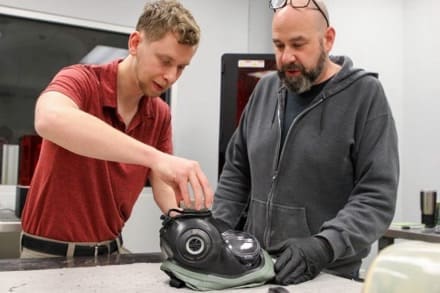
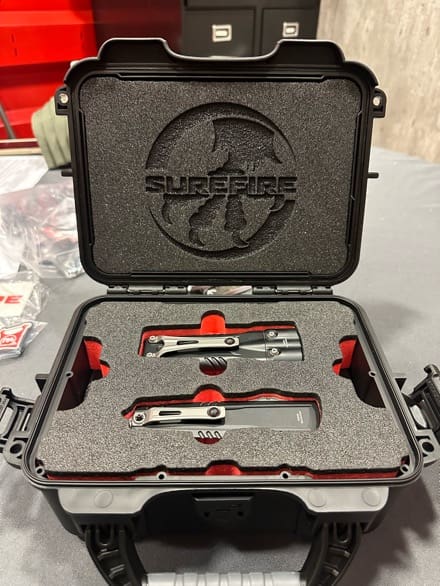
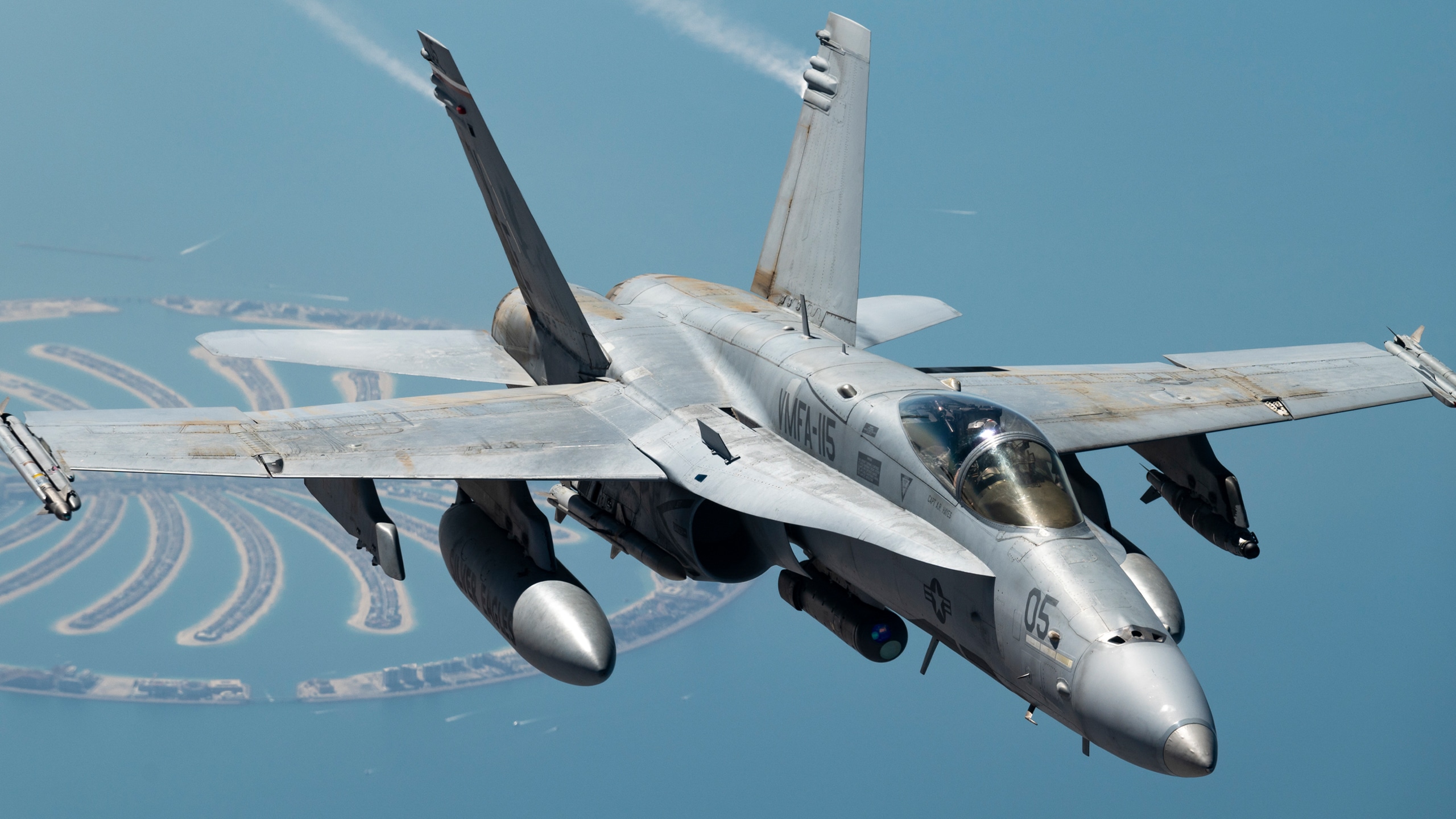
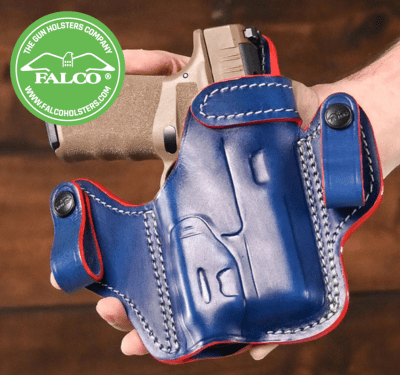

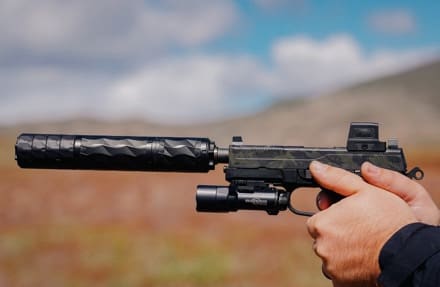
Leave a Reply